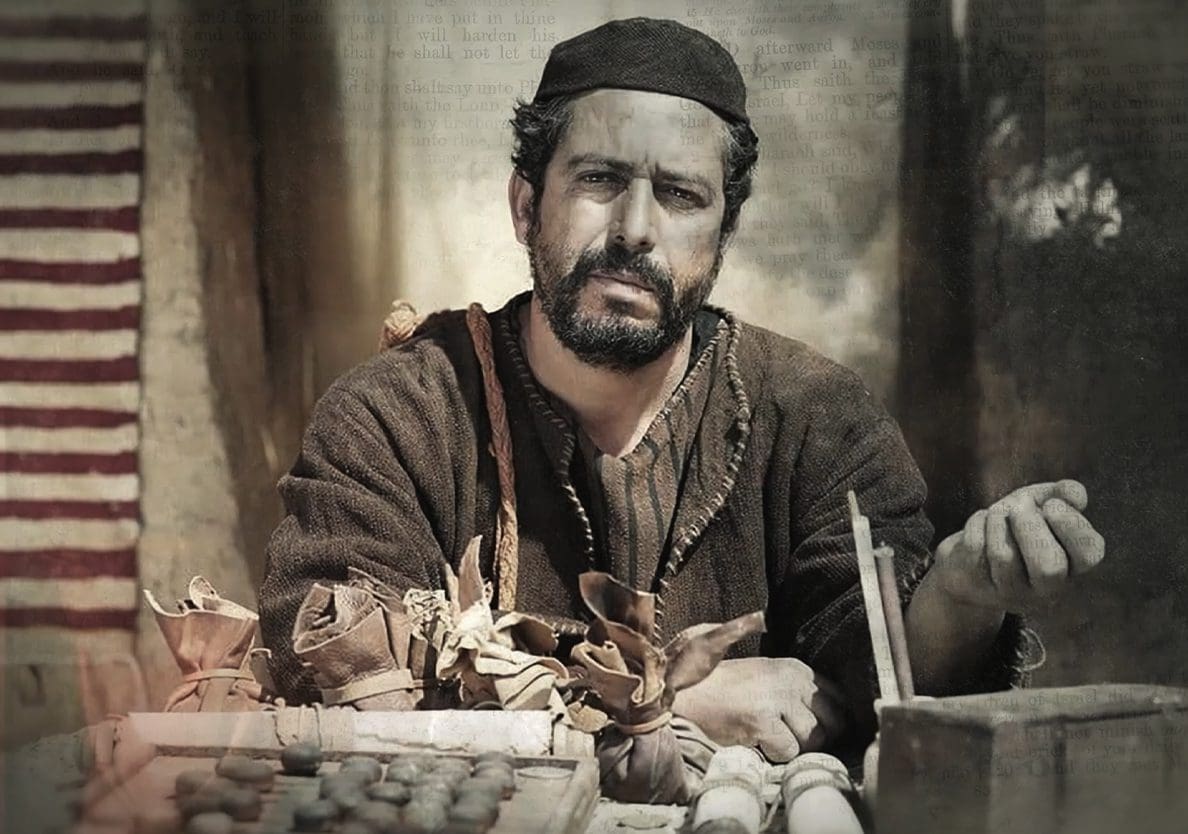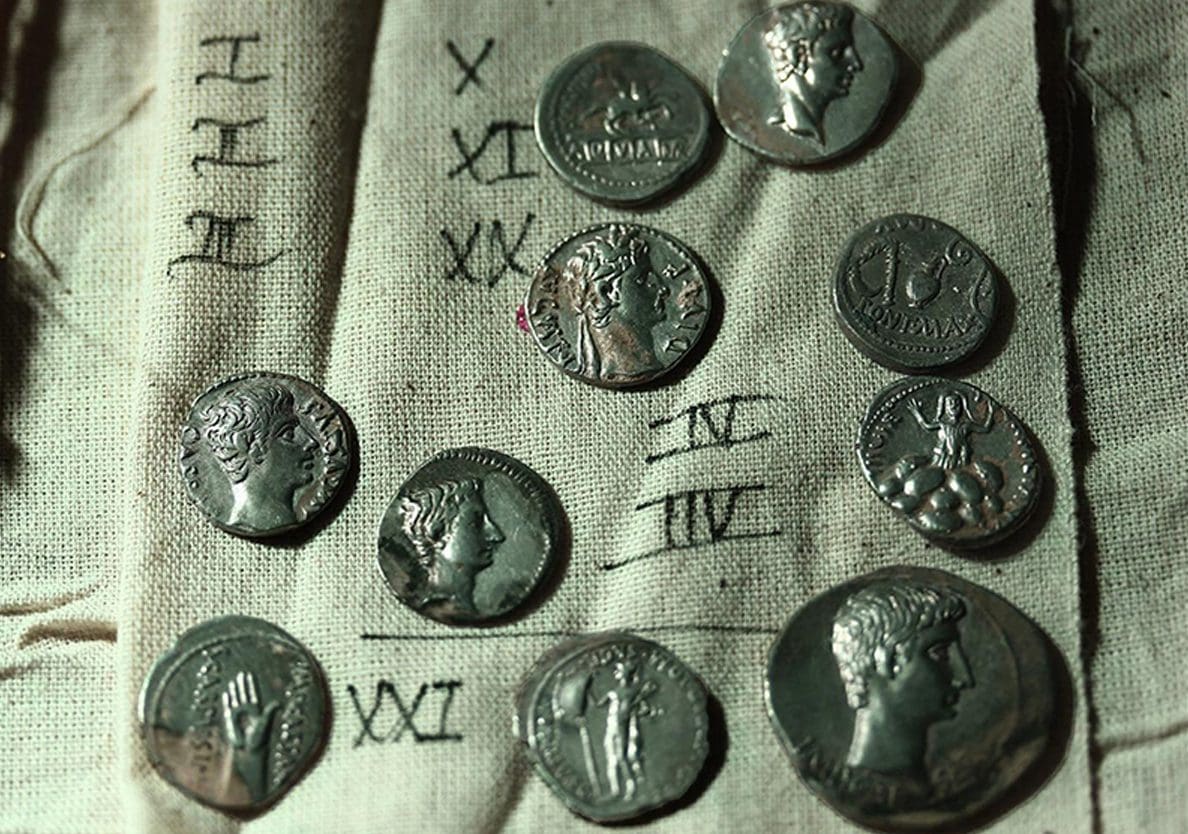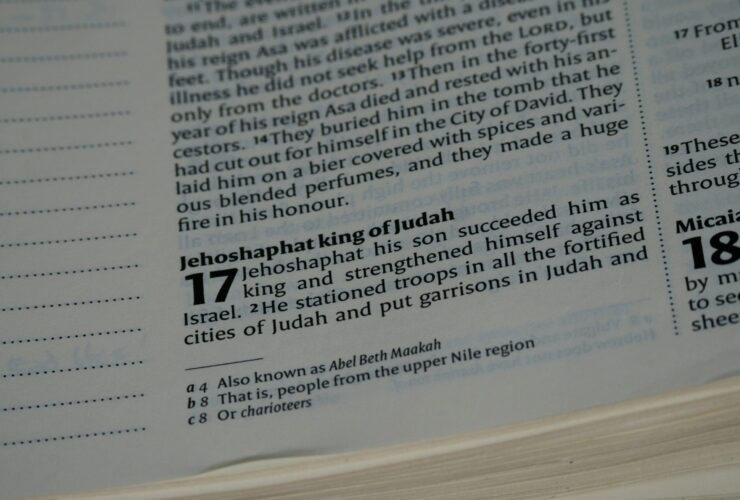Although he is now considered a very prominent figure in Christian history, if we listed the twelve disciples of Jesus Christ according to what society thought of them, at the very bottom—lower than a fisherman—would be Matthew.[1] Why? Because he was a publican. Publicans were fellow Jews who collected taxes from their own people for the Romans, and they made their money (and lots of it) by adding a surcharge on top of the required Roman tax. So, publicans were seen as “unpatriotic extortionists” by the Jews and were synonymous with sinners (Matthew 9:12). So despised were they “that many Jews treated them as ritually unclean, like lepers.”[2] And if that wasn’t enough, “His money was not accepted as alms, and his evidence was not accepted in courts of law.”[3] Publicans were truly the ultimate outcasts.
“If Jesus had one ounce of political correctness he never would have called Matthew to follow him.”
Jim Cantelon
That’s why one scholar quips that “If Jesus had one ounce of political correctness he never would have called Matthew to follow him.”[4] Probably, no one was more surprised than Matthew himself who was sitting at his tollbooth in Capernaum when he received his call to discipleship. Interestingly, Luke informs us in his Gospel that Matthew was not the only prominent publican to follow Jesus. Zacchaeus also holds this distinction (Luke 19:1-10). However, Matthew was more than just a follower of Christ. He was one of the twelve disciples, a direct eyewitness to the life of Christ, and almost certainly one of the four evangelists, as Church leaders in the AD 100s ascribe the Gospel of Matthew to him.
Certainly, he had the credentials to write such an account which was originally penned in Greek. As Ann L. Bowman observes, although Matthew was Jewish by birth, his duties as a Roman tax collector in Capernaum (Matthew 9:9; 10:3) would have made fluency in Greek necessary as a complement to his Aramaic.[5] Although a fair amount is known about his professional life, his personal details are sparser. The Gospel of Mark does identify him as the son of Alphaeus (Mark 2:14), and though he is best remembered as Matthew (a name meaning “gift of the LORD”) both Mark and Luke call him Levi (Mark 2:14; Luke 5:27)—which means “attached”. While no one knows for sure why Matthew was called by both names, Bible scholars speculate that Levi may have been a tribal name – meaning that Matthew may have belonged to the tribe of Levi, and that Matthew was a personal name.[6] Another possibility is that Matthew was his Greek name while Levi was his Hebrew name. Still others think that Jesus changed his name from Levi to Matthew or vice versa.


As with all the other disciples, save John and Judas, Matthew is honoured as a martyr—though nobody really knows for sure how he died. What we do know is that Matthew’s contributions to the furtherance of the gospel of Jesus Christ were very significant and his work and dedication has (and continues to) impact countless souls over the past two millennia. It is no small thing that even though his Gospel was probably not the first to be written, it nevertheless is placed first in the New Testament canon. Matthew, though once a corrupt publican, came to saving faith in Christ and lived up to his name becoming a gift to us all by his faithful witness.

Ryan Hembree is a daily co-host, speaker, and writer of Bible Discovery. He also hosts a YouTube channel that shows the unity of the Bible and how science and Scripture fit together. Ryan also has an honorary Masters of Ministry in Creation Science from Phoenix University of Theology.
[1] Stephen M. Miller, Who’s Who and Where’s Where in the Bible, 253
[2] Ibid.
[3] Jim Cantelon, Cantelon’s Casual Commentary, Matthew 8-16, 13
[4] Ibid.
[5] Ann L. Bowman, The Woman’s Study Bible: New King James Version, 1407, Dorothy Kelly Patterson, editor. Thomas Nelson, 1995
[6] Ryan Nelson, Who Was Matthew the Apostle?, https://overviewbible.com/matthew-the-apostle/






